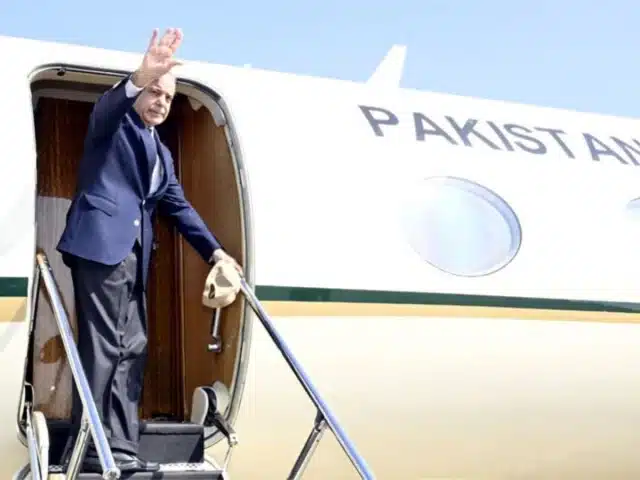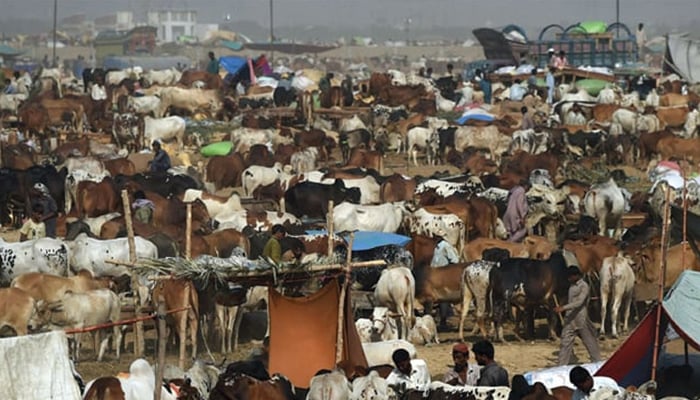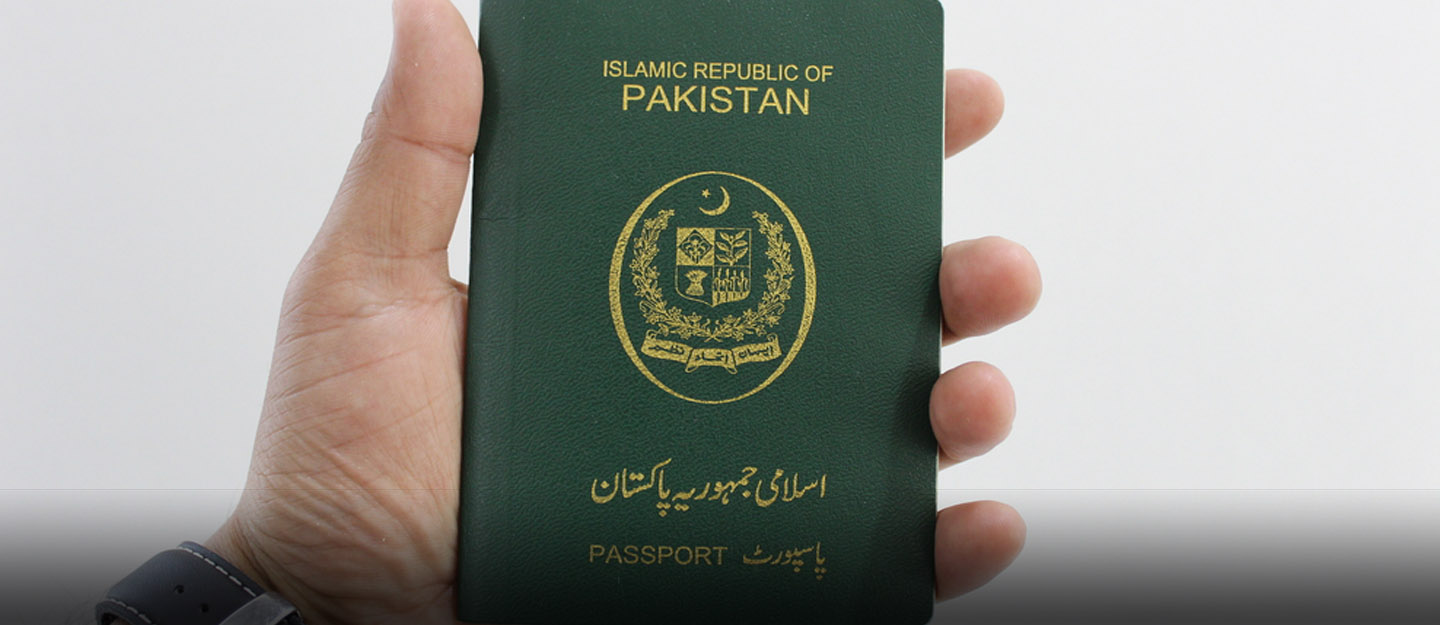PM Shehbaz Sharif En Route to Malaysia for Official Visit
PM Shehbaz Sharif en route to Malaysia for official visit for a three-day official visit to Malaysia at the invitation of Prime Minister Anwar Ibrahim.
He travelled with a high-level delegation including Deputy Prime Minister / Foreign Minister Ishaq Dar, Federal Minister for Information Attaullah Tarar, and Special Assistant Tariq Fatemi.
The two governments expect to sign several MoUs across trade, education, energy, infrastructure, IT, and the Halal sector.
Agenda & Objectives of the Visit
PM Shehbaz aims to deepen bilateral cooperation in economic, strategic, and social areas.
He said he looks forward to “a comprehensive exchange of views” with PM Ibrahim.
Both sides plan talks in trade, telecommunications, digital economy, investment, energy, infrastructure, education, and people-to-people ties.
They also expect to witness signing of new agreements and MoUs in existing and expanding sectors.
Historical & Diplomatic Context
Pakistan and Malaysia share long ties under the Malaysia-Pakistan Closer Economic Partnership Agreement (MPCEPA) signed in 2007.
That agreement aims to enable trade in goods and services, regulated investment flows, and mutual economic cooperation.
Previously, Malaysian PM Anwar Ibrahim visited Pakistan in October 2024 and was awarded the Nishan-e-Pakistan.
This visit marks continued diplomatic momentum and a renewal of strategic engagements between the two nations.
Delegation & Diplomatic Significance
The delegation features senior ministers and diplomatic staff to support broad negotiations across ministries.
The inclusion of Information & Broadcasting suggests media and public diplomacy will play a role.
Foreign Office statements emphasize this visit reflects a strong, enduring strategic partnership rooted in mutual respect and shared interests.
Economic Implications & Trade Focus
Pakistan hopes the visit will unlock new trade and investment opportunities with Malaysia.
The Halal industry, IT, telecom, and digital economy are priority areas for collaboration.
Pakistan looks to use this visit to harness Malaysia’s experience in Halal certification, Islamic finance, and trade networks.
Also, educational exchange and infrastructure investment may feature heavily in signed agreements.
Regional & Global Dimensions
The visit also offers space to discuss regional challenges, economic corridors, and global alignment.
Given South and Southeast Asia’s evolving trade landscape, Malaysia-Pakistan ties may serve as a bridge to ASEAN markets.
Strategic partnerships like this help Pakistan diversify its foreign policy and trade portfolios beyond traditional alliances.
Expectations & Outcomes
Observers expect several MoUs and bilateral agreements to be formalized.
They anticipate stronger trade corridors, ease of investment rules, and joint ventures in tech and energy.
Success will also depend on implementation, follow-up mechanisms, and alignment of national policies.
If the visit yields tangible results, it could boost Pakistan’s export outlook and foreign direct investment inflows.
Challenges & Considerations
One challenge will be reconciling regulatory, financial, and infrastructural differences across both nations.
Expect scrutiny on how Malaysia views Pakistan’s reforms, credit risk, and investment climate.
Timing matters: global economic uncertainty, currency volatility, and regional geopolitics may affect outcomes.
Also, public expectations may rise sharply; failing to deliver promises may lead to criticism.
Conclusion
With PM Shehbaz Sharif en route to Malaysia for official visit, hopes run high for deepened collaboration, firmer economic ties, and strategic alignment.
The visit underscores Pakistan’s intention to strengthen bilateral and regional partnerships across trade, energy, tech, and more.
The outcome may well shape the trajectory of Malaysia-Pakistan relations for years ahead.







